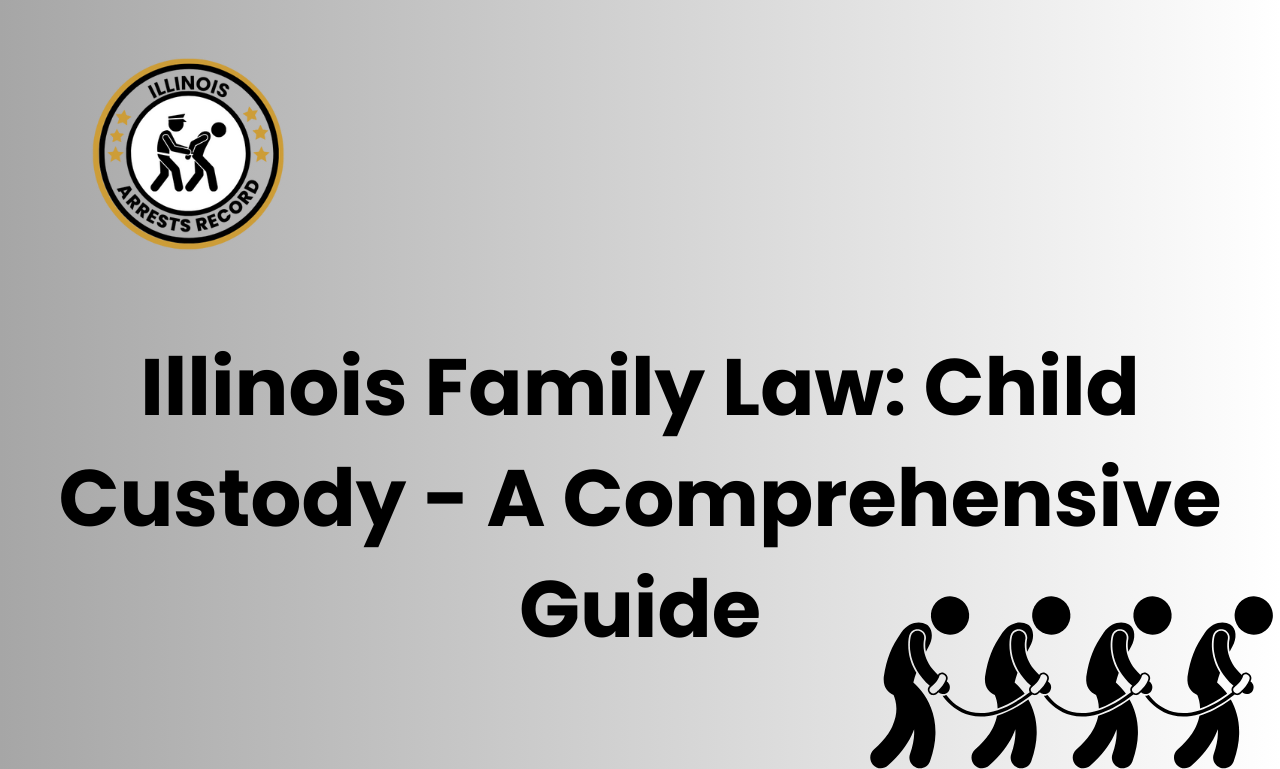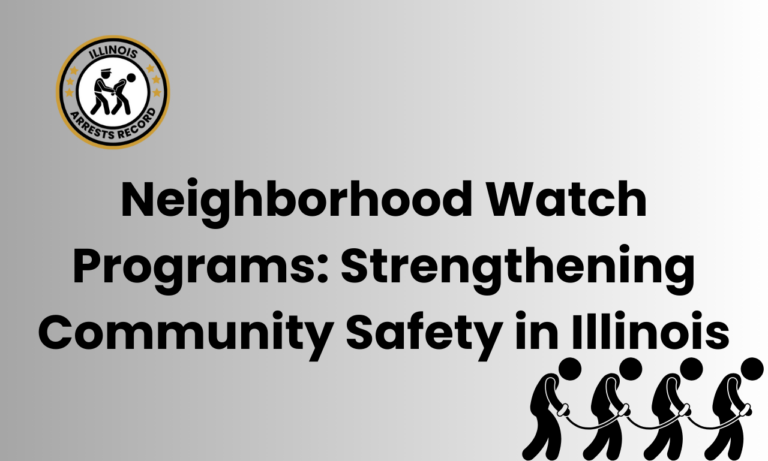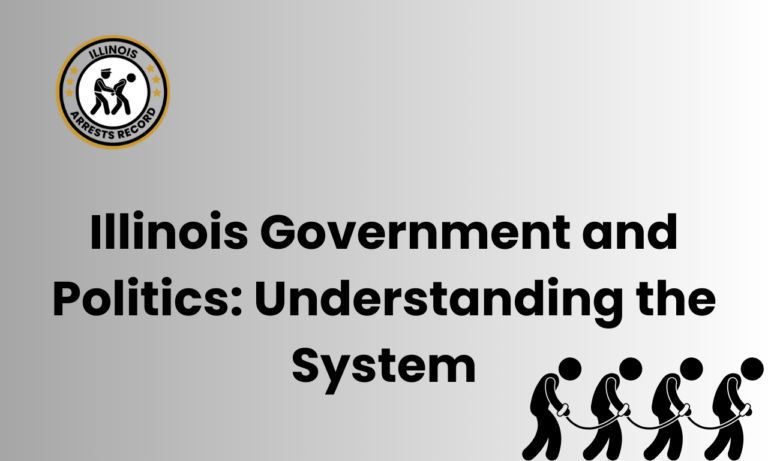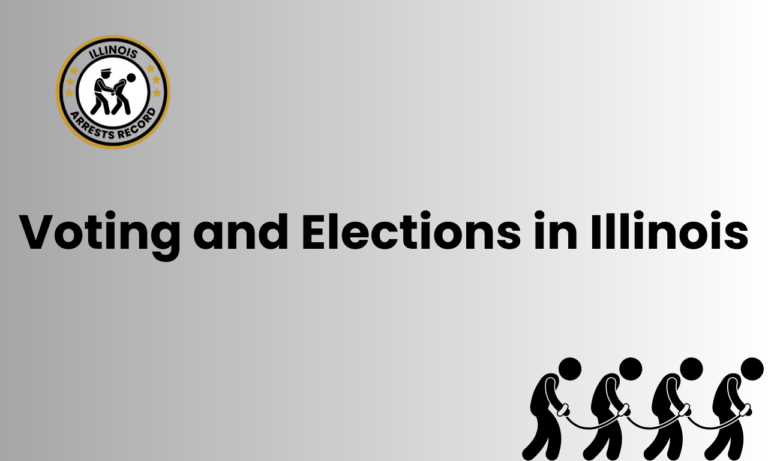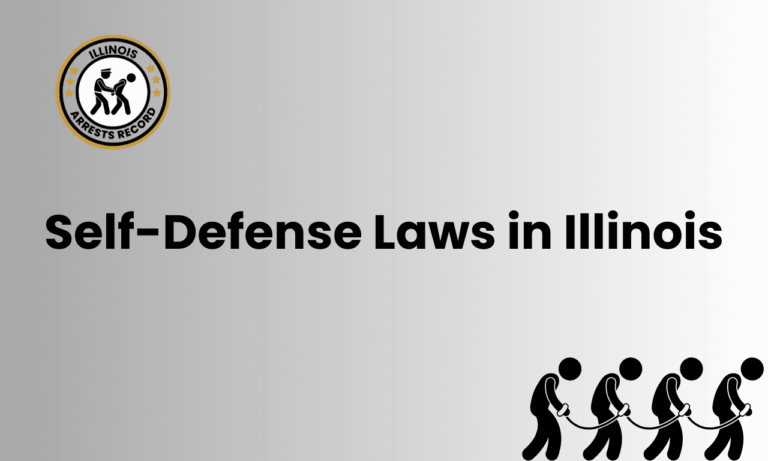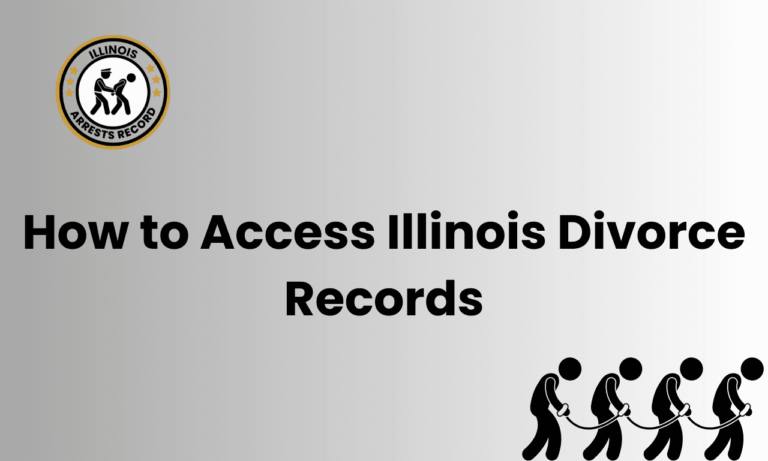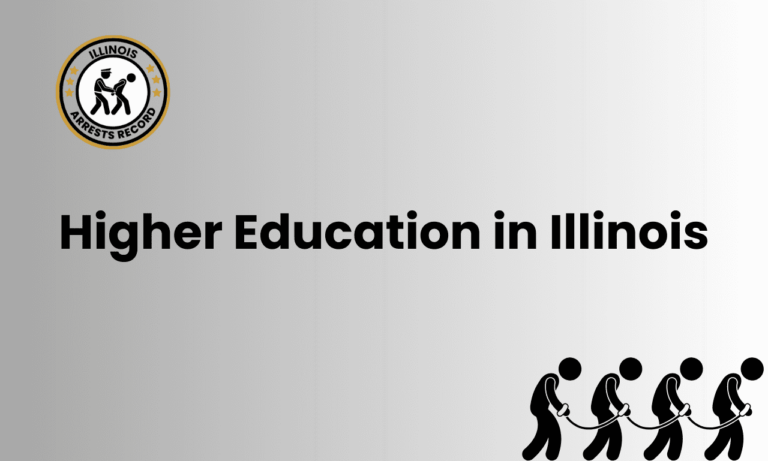Illinois Family Law: Child Custody – A Comprehensive Guide
When it comes to matters of family law, one of the most significant and sensitive areas is child custody. This Comprehensive Guide aims to provide you with the essential information you need to navigate this complex and emotional process. Whether you are going through a divorce, separation, or any other circumstances that involve child custody, this comprehensive guide will equip you with the knowledge and resources to make informed decisions.
Understanding child custody laws in Illinois is crucial for anyone involved in a custody dispute. This guide will delve into the various types of custody arrangements, factors considered by the courts when determining custody, and the rights and responsibilities of each parent. We will also explore the legal processes involved, including mediation and court proceedings, ensuring that you have a clear understanding of what to expect throughout the custody journey.
Types of Child Custody Arrangements
When it comes to child custody in Illinois, there are several types of arrangements that may be considered by the courts. These arrangements determine where the child will live and how decisions regarding their upbringing will be made. Understanding these different types is crucial for anyone involved in a custody dispute.
Sole Custody: This type of custody grants one parent the primary responsibility for the child’s physical and legal care. The other parent may still have visitation rights, but the custodial parent has the final say in major decisions concerning the child’s welfare.
Joint Custody: In joint custody, both parents share the physical and legal care of the child. This arrangement requires effective communication and cooperation between the parents to ensure the child’s best interests are met. It allows both parents to participate equally in decision-making and provides the child with a sense of stability and continuity.
Split Custody: Split custody is a less common arrangement where each parent has custody of one or more children from the same family. This may occur when the children have different needs or preferences, and the court determines that it is in their best interests to have separate living arrangements.
Factors Considered by the Courts in Determining Custody
The courts in Illinois consider several factors when making decisions about child custody. These factors aim to prioritize the child’s well-being and ensure that their physical, emotional, and developmental needs are met.
Child’s Best Interests: The primary consideration of the court is the best interests of the child. This includes factors such as the child’s age, physical and mental health, relationship with each parent, and their wishes if they are old enough to express them.
Parental Fitness: The court will assess each parent’s ability to provide a stable and nurturing environment for the child. This includes evaluating their physical and mental health, their ability to meet the child’s needs, and their willingness to encourage a relationship with the other parent.
Child’s Adjustment: The court will also consider the child’s current living situation, school, and community ties. Stability and continuity in these areas are important for the child’s overall well-being.
Rights and Responsibilities of Each Parent
Understanding the rights and responsibilities of each parent is essential in navigating the child custody process. While the specific details may vary based on the custody arrangement, there are general expectations for each parent.
Physical Custody: The parent with physical custody is responsible for the child’s day-to-day care, including providing shelter, food, and clothing. This parent may make routine decisions regarding the child’s upbringing.
Legal Custody: The parent with legal custody has the authority to make major decisions regarding the child’s education, healthcare, and religious upbringing. In joint custody cases, both parents may share legal custody and consult each other before making such decisions.
Visitation: The non-custodial parent, typically the one without physical custody, has the right to visitation with the child. The specific visitation schedule may be determined by the court or agreed upon by the parents, considering the child’s best interests.
The Legal Processes Involved
When it comes to child custody disputes, there are several legal processes that may be involved. These processes aim to resolve conflicts and ensure that the child’s best interests are upheld.
Mediation: Mediation is a voluntary process where both parents work with a neutral third party to reach a mutually agreeable custody arrangement. It encourages open communication and cooperation between the parents and can help reduce the need for court intervention.
Court Proceedings: In some cases, court proceedings may be necessary to resolve custody disputes. This involves presenting evidence, making arguments, and allowing the judge to make a decision based on the best interests of the child.
Modifications and Enforcement: As circumstances change, it may be necessary to modify or enforce an existing custody order. This can be done through the courts, ensuring that the child’s evolving needs are met.
By understanding the various types of custody arrangements, the factors considered by the courts, and the rights and responsibilities of each parent, you can navigate the child custody journey with confidence. This comprehensive guide aims to equip you with the knowledge and resources needed to make informed decisions and prioritize your child’s well-being throughout the process.
FAQ’s
In Illinois, there are primarily four types of child custody arrangements: sole custody, joint custody, split custody, and bird’s nest custody. Each arrangement has its own unique characteristics and considerations, and the court will determine the most suitable arrangement based on the best interests of the child.
How does the court determine child custody?
When determining child custody, the court takes several factors into consideration. These factors include the child’s wishes, the parents’ wishes, the child’s relationship with each parent, the child’s adjustment to their home, school, and community, the mental and physical health of all individuals involved, and any history of domestic violence or abuse.
In child custody cases, both parents have certain rights and responsibilities. These include the right to make decisions regarding the child’s upbringing, education, healthcare, and religious practices. Both parents are also responsible for providing financial support for the child’s needs.
What is the role of mediation in child custody cases?
Mediation is often used as a means of resolving child custody disputes outside of court. It involves a neutral third party who facilitates communication between the parents and helps them reach a mutually agreeable custody arrangement. Mediation can be a less adversarial and more cooperative approach to resolving custody issues.
Court proceedings related to child custody can vary depending on the specific circumstances of the case. Generally, both parents will present their arguments and evidence to support their preferred custody arrangement. The court will consider this information, along with the best interests of the child, to make a final custody determination.

